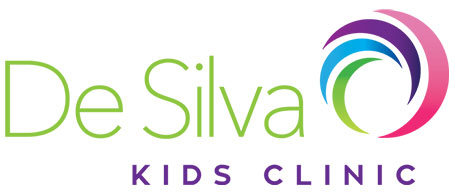Gross motor development is important to consider as a factor influencing your child’s everyday activities. A great example of this is your child’s day at school participating in classroom activities – sitting for long periods in class (requires endurance and sensory processing) at their table (requires upper body strength and postural control) to learn a new writing technique (requires motor planning and learning, sensory processing and coordination).
When the body has to perform any movement, the brain is required to plan the position and movement of body parts to produce a certain outcome. This planning and movement becomes particularly important when performing unfamiliar actions. The following activities are suggestions to help facilitate the planning and movement skills that are required for different gross motor activities. These activities can be incorporated into your child’s normal playtime. The most important thing to remember is to have fun!
- Obstacle course – this is a great activity to encourage your child to perform different movement patterns. Set the obstacles so that your child has to climb over, through, between, wriggle under and slide along different objects. Use things like tables, pillows, boxes, steps, rugs and blankets.
- Move like an animal – encourage your child to move like different animals eg; hop like a kangaroo, waddle like a duck, jump like a frog.
- Practicing throwing bean bags/objects into hoops or at targets
- Twister and Simon Says
- Wheelbarrow races – walk along on hands with someone holding feet. This provides joint compression and facilitates upper limb strength.
- Practice walking/moving along a rope or a line taped on the floor. Try the following:
- Criss-cross walking along the rope – Wheelbarrow along the rope with one hand on either side of the rope. When the child has got the hang of this activity, try crossing the hands over (see above)
- Practice jumping to either side of the rope – increase the number of sequences eg: do two jumps on one side, jump over the rope, three jumps on the other side.
- Line games – (using a straight or squiggled line on the floor) try crawling along the line backwards, wheelbarrows along the line, and walking along on your knees (forwards, backwards and sideways).
Gross motor skill games can help to increase the awareness of your child’s own body in space and can help with the organising and planning body movements. Frequent participation in gross motor activities can help to develop a solid base and foundation to support your child to be able to ‘use’ their entire body more efficiently and transfer these skills when learning new motor skills.
An occupational therapist can assist if you have any concerns about your child gross motor skills and help to investigate if your child is having difficulties with secondary factors (including learning new motor tasks, fine motor activities, handwriting and coordination) due to underlying gross motor difficulties.
Written by Alannah Santomartino, Occupational Therapist.



